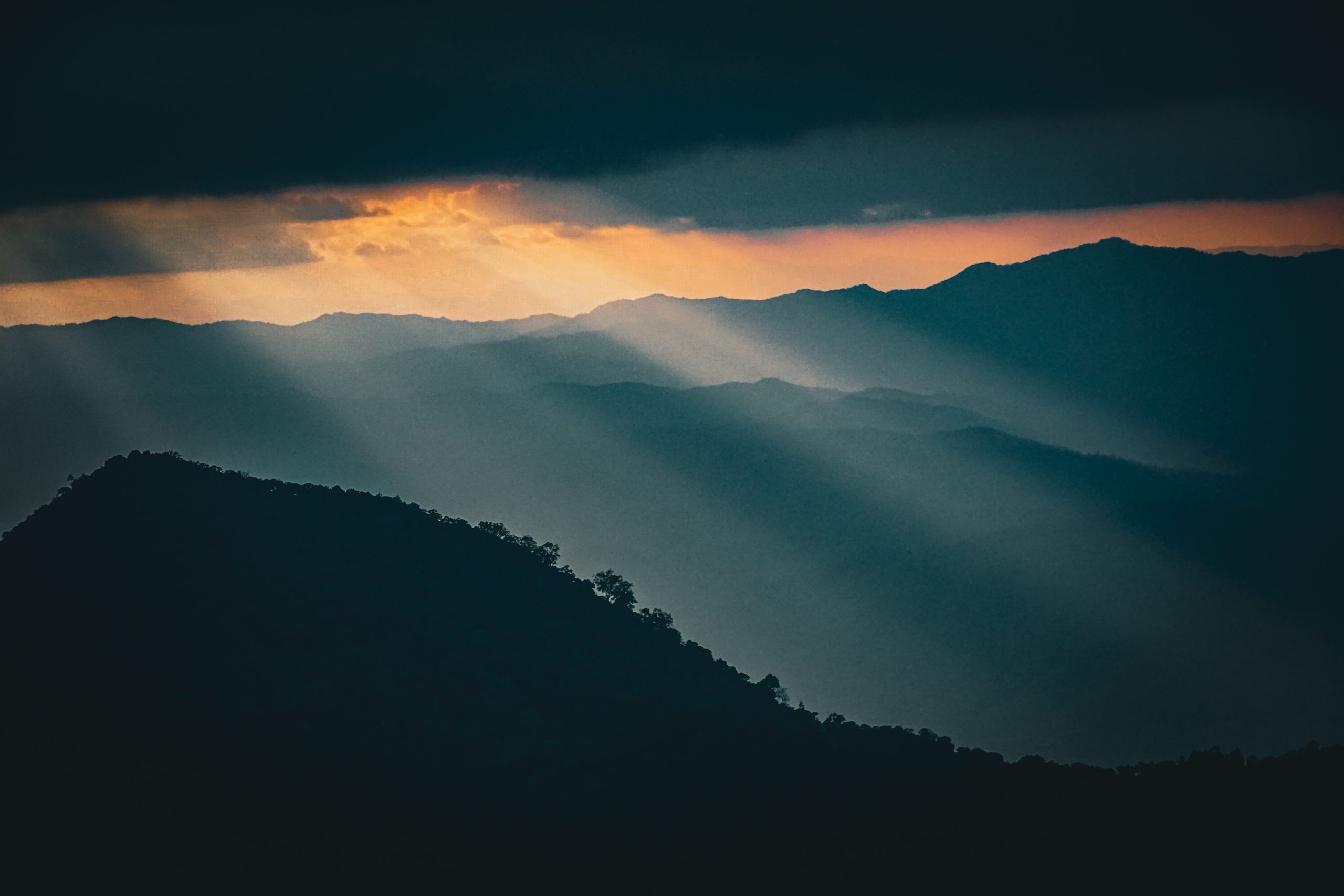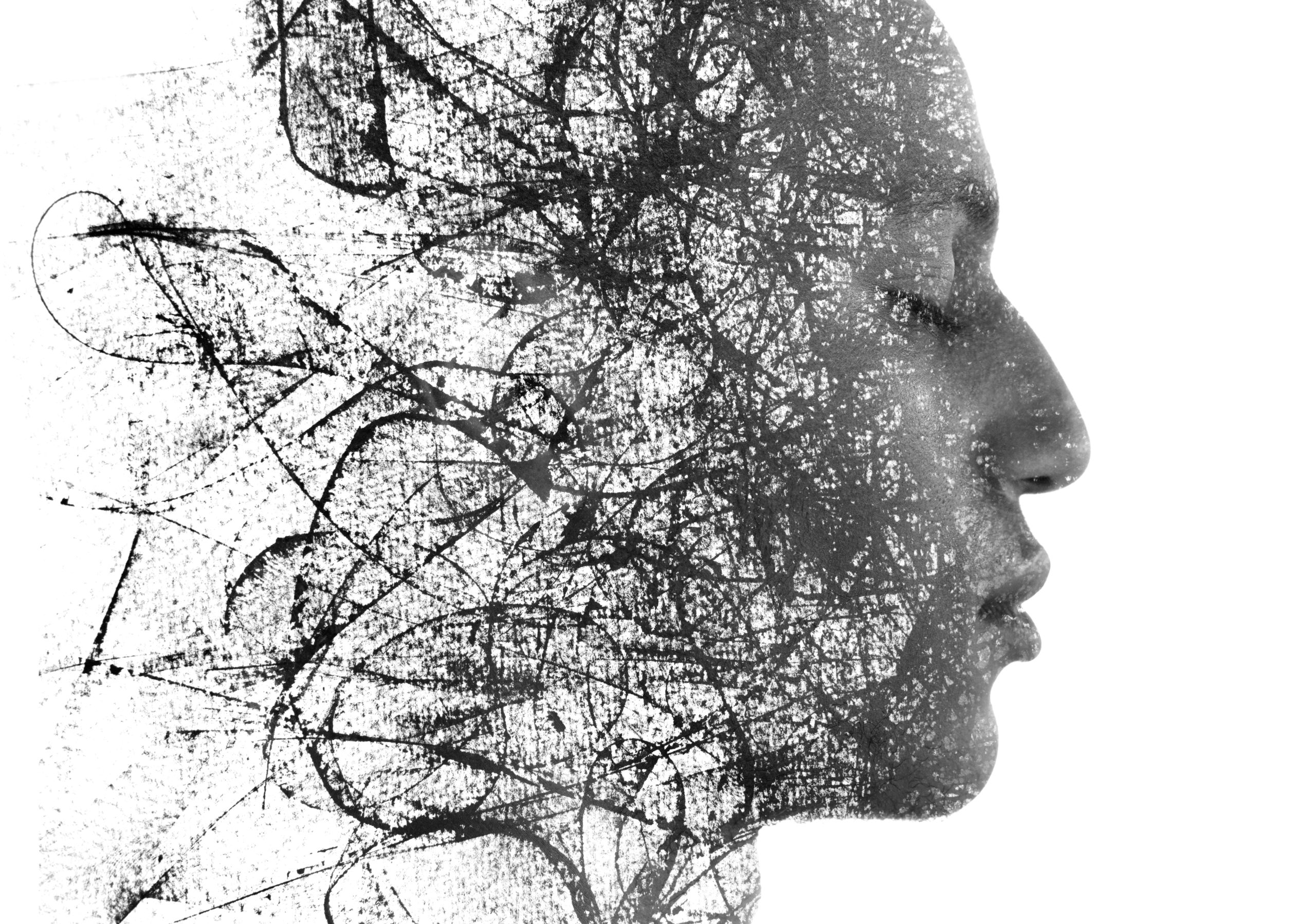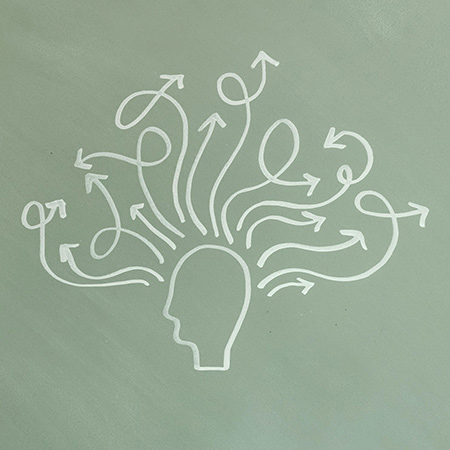
Yesterday, I was having a bad mental health day. I had insomnia the night before because I was on my phone late at night and experienced a trigger, which lit my brain up to the point where I lay in bed for 5 hours wide awake, thinking about everything and anything. I woke up irritated and anxious, and I felt like my skin was crawling with tension. My mind could not focus because my body was so frazzled. I had made plans to climb with a friend in the morning, and even though I didn’t want to leave my house, I braved the beautiful, sunny summer day and biked to my local climbing gym. I knew logically that climbing would help me process and cope with my anxiety, that it would get me back into my body and out of my crazy mind, but my anxiety told me to stay put and let it take over every facet of my day. Luckily, I didn’t listen to my anxiety.
The moment my hands touched the polyurethane rocks on my 5.10a warmup, I felt my brain take a step back as my muscle memory took over. I did not think a million miles a minute, and my forearms and fingers felt strong as I pulled myself up the wall. I noticed my breath entering in and out of my mouth, and my toes hurt from curling up in my new climbing shoes. I entered into that state of “transient hypofrontality” (check out this article!), and arriving into flow made me feel more present and alive. My body knew what to do, so my brain could take a step back and rest for the first time in what felt like days.
Flow state is the reason climbing is so incredible for my mental health. When my anxious brain perks up and asserts itself as the dominant aspect of my personality, I know that climbing will calm it back down. Sometimes my anxiety comes back after climbing, and it did yesterday, but I got two hours of respite from the monkey mind breaking branches inside my head. Climbing allowed me to break the cycle of my anxiety and irritation, which helped me cultivate more self-compassion, empathy, and clarity. Later that evening, I was able to have a hard conversation about my needs and insecurities, giving voice to the anxiety in a way that allowed it to speak out with authenticity and honesty. Nurturing my anxiety by creating space for it to speak then helped me to process one of my triggers, which in turn lessened the judgmental voice inside my head telling me all sorts of awful things about myself. The final gift of this intense experience came in the form of a good cry. I allowed myself to sob, curled up into a modified version of child’s pose on my bed, and this was the ultimate release and cultivation of self-love that my body was needing.
Without that climbing session in the morning, I don’t think I would have been able to process my anxiety and irritation because my mind would not have been gifted a much-needed rest. Those two hours spent in a blissful state of transient hypofrontality, of flowing up the walls completely immersed in the puzzle I was solving with my body, gave me the strength to confront my fears and insecurities and to have vulnerable conversations. As Glennon Doyle says at the end of each episode of her podcast, “we can do hard things”, but I think sometimes we need a tool to help propel us towards doing those hard things. Climbing is my tool, my coping mechanism, and my passion.




